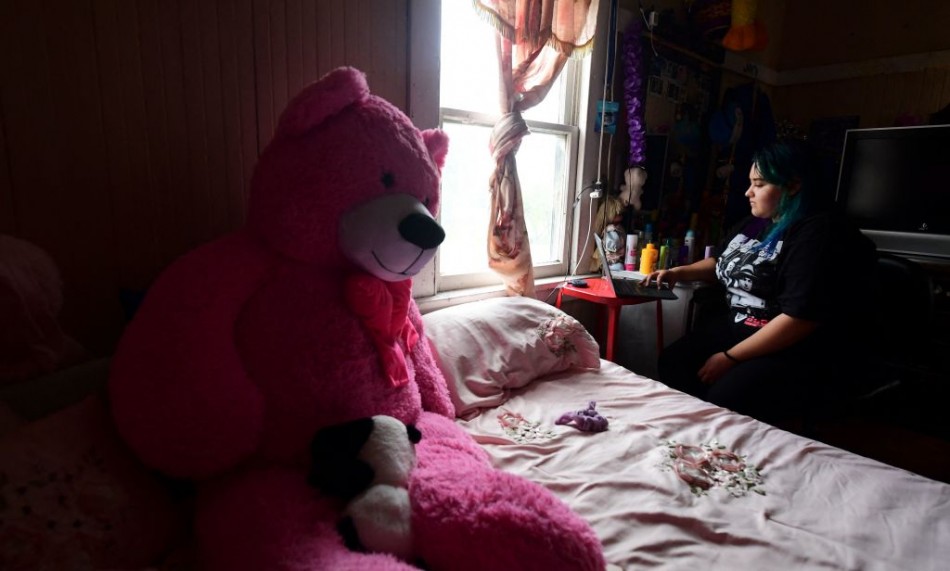Parenting Tips: How To Talk to Your Child About Mental Health

Topics on mental health do not always come easy. Parents often find it hard to start the conversation. What do you bring up? How do you bring it up? How much information should you bring up?
Your approach should depend on a child's maturity level. Here are some advice to help you start this conversation.
Why Talk About Mental Health With Children
One in five children have mental health issues. Recent studies also found that mental health issues among children rose after the pandemic.
Talking about mental health can help children cope better. It can also help them recognize the signs in themselves and others. Moreover, it can remove any stigma surrounding mental health. This will help children feel more comfortable to express themselves.
READ ALSO: Children Under Age 2 Should Not Be Allowed Any Screen Time To Avoid Mental Health Issues
Talking to Children About Mental Health
Create a Safe Environment
Create a space where mental health is considered a normal topic of conversation. This space can be in a private place like the bedroom or the car. It can also be done in a public place while hiking and walking.
Make Them Feel Supported
Assure your child that they are loved and supported. This will make them feel safe to express their feelings. Also, do not judge or punish them for opening up about their emotions and thoughts.
Start a Dialogue
Start with open-ended questions. Ask your child how they are feeling. Remember to use language appropriate for their age.
Use pictures to help younger children show you how they feel. You can also use simple words to help them describe strong emotions.
For older children, you can discuss how they can take care of themselves. You can also check in daily to see how they're doing emotionally.
It is important for you to share your own feelings as well. Your vulnerability will encourage children to show theirs. Also, be authentic. Kids know when an adult is pretending.
Provide Resources
Lastly, assure your child that there is help when they need it. Suggest talking to a mental health professional. Also, introduce healthy coping mechanisms like journaling or drawing.
RELATED ARTICLE: Over 40% of Six-Year-Olds With Smartphones Struggled With Their Mental Health, Study Says
© 2024 ParentHerald.com All rights reserved. Do not reproduce without permission.